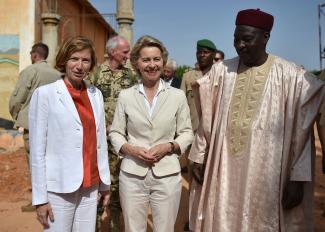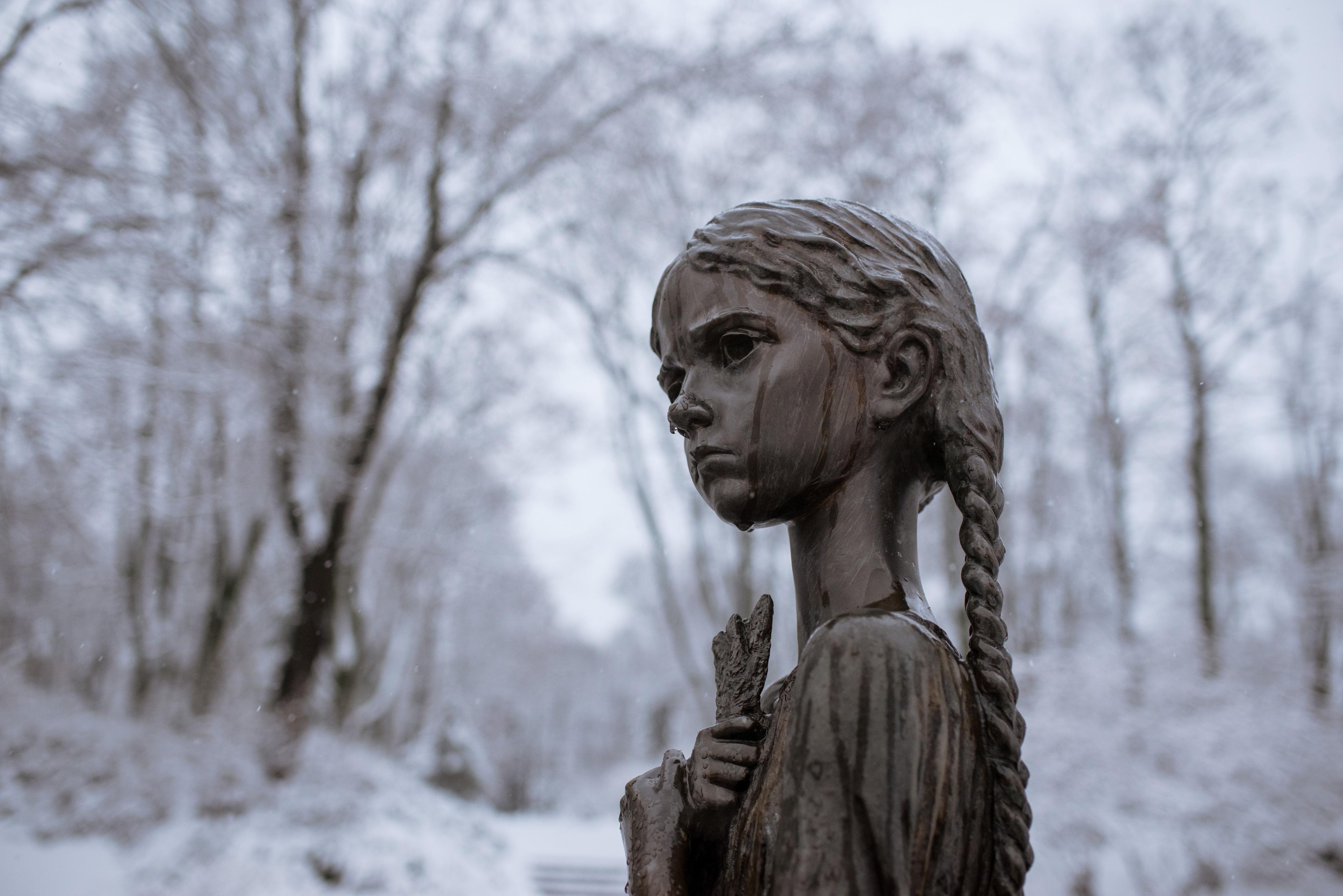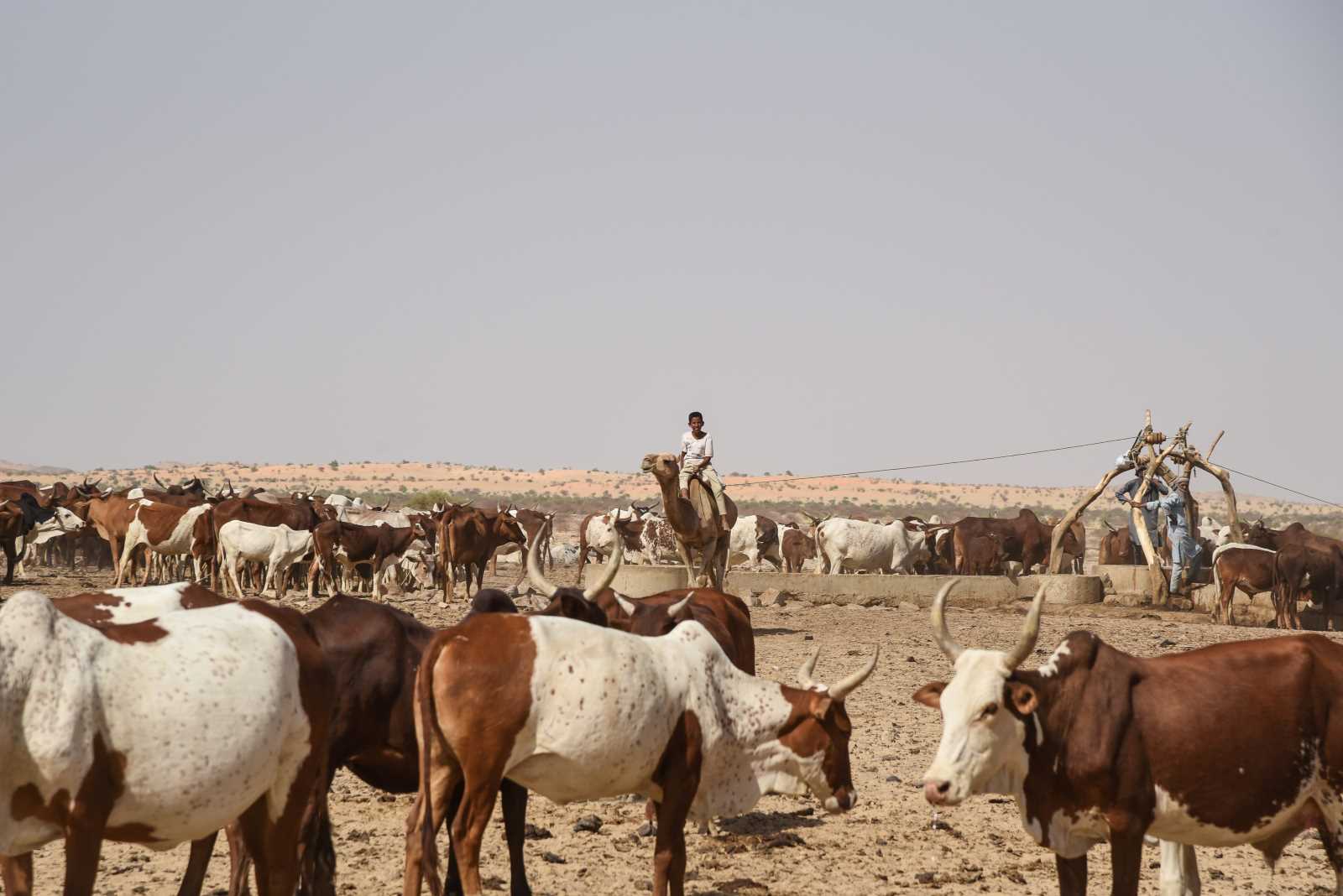Sahel zone
“Securitisation does not create security”

The Sahel region, which stretches from Senegal on the Atlantic coast to Eritrea on the Red Sea, has been rocked by crises for decades. Since gaining independence at the beginning of the 1960s, almost all Sahel countries have experienced serious armed conflicts. There have also been military coups, separatist movements, revolts and uprisings, Islamist and otherwise. High rates of population growth and climate change are exacerbating problems in the region. Other destabilising factors include drug trafficking, arms trafficking and corruption. At the moment, Mali and the region surrounding Lake Chad are particularly impacted by violence (see Fabian Böckler in the Tribune section of D+C/E+Z e-Paper 2019/05).
Numerous international organisations, groups and individual states are engaged in the Sahel zone (see also Julia Maria Egleder in D+C/E+Z e-Paper 2018/02, Focus section). But representatives of local civil-society organisations complain that there is too strong a focus on security. According to Youssouf Coulibaly, professor of international law and international relations at the University of Law and Political Science in Bamako, the “securitisation” of, for instance, European policy towards the Sahel countries is not an adequate response to the region’s problems. It does not create security or meet the expectations of local people. If the huge sums that are spent on efforts like the UN’s MINUSMA mission in Mali were applied differently, they would be an “enormous help” to local people, Coulibaly said at the end of March in Frankfurt at a conference organised by the network Fokus Sahel.
The many participants from various affected countries were critical not only of the focus on security, but also of the fact that security is understood almost exclusively in military terms. They believe that human security should be the goal instead. “That means, among other things, the ability to eat well, sleep well and move without being threatened,” Coulibaly explains. None of that is possible in Mali. “Furthermore, the presence of soldiers stokes fear in the population,” says the expert, who is also involved in the training of security forces as an instructor at the Alioun Blondin Peacekeeping School in Bamako.
Numerous speakers emphasised that international actors are pursuing their own interests in the Sahel – sometimes openly, sometimes in secret. They believe that Europe, for example, is primarily concerned with its own security, which it is advancing by attempting to halt migration from Africa (see also the interview with Ibrahim Manzo Diallo in D+C/E+Z e-Paper 2019/04, Focus section). Actors also have strategic, political and economic interests, for instance with regard to arms shipments. “Billions are being poured into these wars,” Coulibaly says. “People are investing in military equipment instead of in social services.”
Badié Hima from the National Democratic Institute in Bamako also believes that the focus on security has shifted attention away from the creation of democratic structures. “Democratisation has become the orphan of international cooperation,” the expert on human rights and governance criticises. According to him, many of the gains that had been made since the 1990s have once again been lost.
State failure
Hima believes that the strengthening of terrorist and Islamist groups in the Sahel can be traced back above all to the fragility of the states. He claims that the governments have not protected the rights of their citizens and have not provided any public services. ”The state was absent, a vacuum was created, and this vacuum was filled in part by armed groups.” That is true of multiple countries in the Sahel, the expert says. There are even reports from eastern Niger that jihadists there are collecting taxes.
Civil-society representatives from various Sahel countries explained that people have no trust in their governments and that governments there are illegitimate across the board, even if they were put into office by elections. The crisis has made it possible for governments to hold onto power and to maintain or introduce an authoritarian governing style, criticises Moussa Tchangari from the Nigerian NGO Alternative Espaces Citoyens.
International actors are working with these governments and are thereby providing them with a kind of “life insurance”. For instance, critics charge that Chadian President Idriss Déby, who has been in power since 1990, has only been able to remain in office thanks to the presence of the French military, who sees him as a key figure in the fight against the Islamists. In 2014, France chose Chad’s capital, N’Djamena, to be the headquarters of Operation Barkhane, which aims to fight terrorism in the Sahel region (see also interview with Mohamed Gueye in D+C/E+Z e-Paper 2017/11, Focus section). “The military mission provided security to the head of state, but not to the people,” summarises Baldal Oyamta of the human-rights organisation La Ligue Tchadienne des Droits de l’Homme. Coulibaly also believes that by cooperating with international actors, the very people who are responsible for the crisis have been able to remain in power.
According to Tchangari, France, the former colonial power, has used various military missions to strengthen its influence and presence in this strategically important region. Tchangari says that countries like Germany and Italy are also interested in maintaining a local presence, for instance as a way to facilitate negotiations with Algeria and Libya, both key countries with regard to the refugee issue. Since the 2000s, new actors like Russia and China have arrived in the region to pursue their political and economic interests as well. Tchangari warns that many of these international actors do not want the situation in the Sahel to change. He believes that there is a danger that armed groups will be instrumentalised in order to preserve the crisis and ensure the failure of new democratic movements.
Civil society wants support beyond security policy so that it can carry out its control function and fight for the rule of law and human security. “We need help on site from the big democracies,” Hima says. Oyamta emphasises that people in Chad need legal protection most of all: “There are no laws that protect the people.” Physical protection is also needed, according to the expert. He considers the education of the security forces and cross-border cooperation in the Lake Chad Basin indispensable. “Most of the troops there can’t even write their own names, which is a big problem,” he explains.
According to Oyamta, traditional authorities should also not be neglected. They have always played a role in conflict resolution in Africa. However, the question is whether traditional and religious leaders represent the interests of everyone involved. Women and young people, for instance, tend to be underrepresented in traditional mechanisms. Tchangari is sceptical for another reason: “There are no traditional structures anymore,” he says. “Nowadays peace is impossible without international help from outside.”











